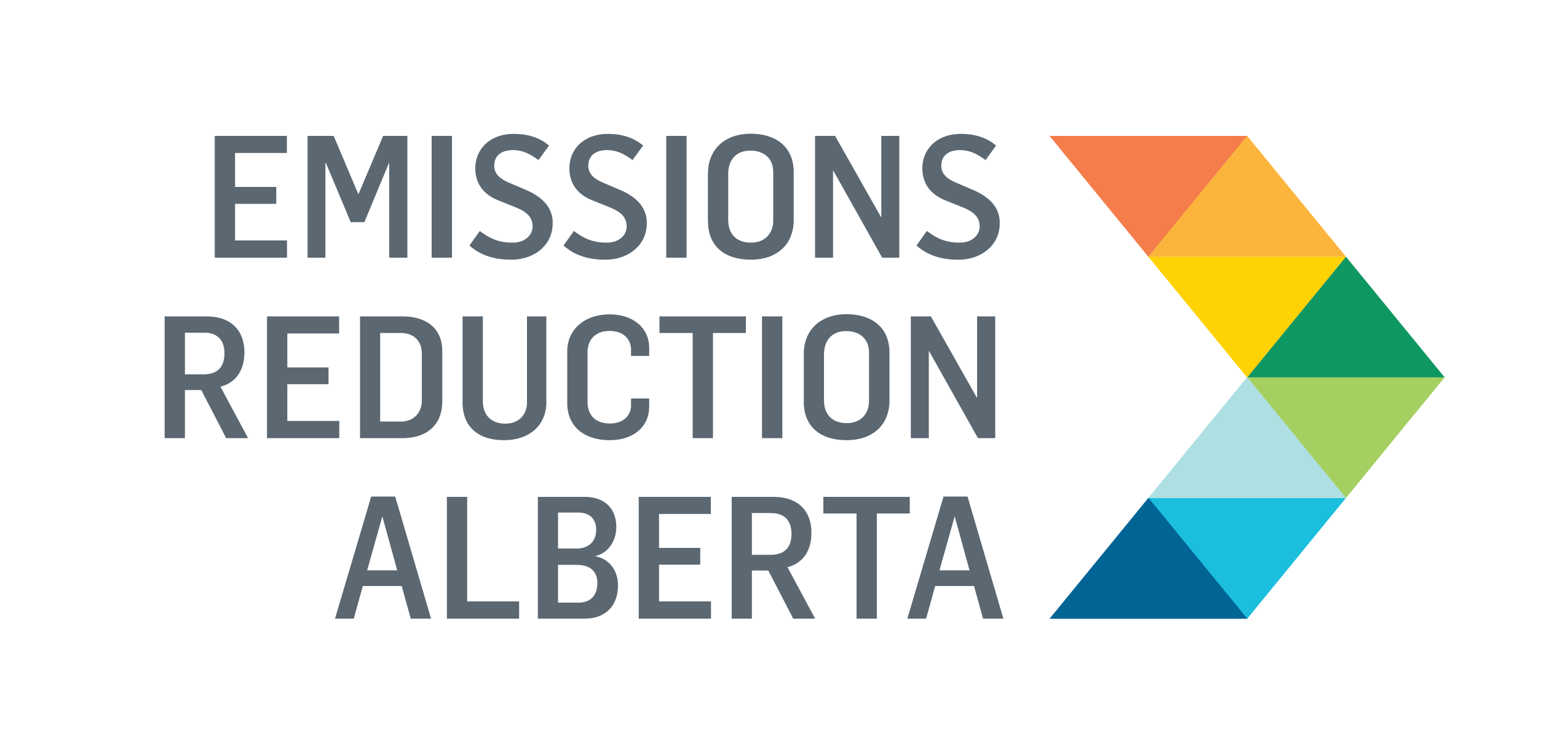Radio Frequency XL (RF XL) Enhanced Oil Recovery
Electromagnetic Heating Technology to Reduce Oilsands Emissions Approved for funding through ERA and Sustainable Development Technology Canada’s (SDTC) joint call in 2017, Acceleware began construction of a commercial-scale pilot of its Radio Frequency Enhance Oil Recovery (RF XL) technology. By its completion in 2023, the project completed initial demonstration of the core heating technology and…
MPR Fibre Procurement Project
Mercer Peace River (MPR), a pulp mill and cogeneration facility located in Northern Alberta, is undertaking a capital investment project to transform its fibre procurement process, improving environmental performance and creating a more sustainable business model.This transformative process improvement optimizes forestry operations, allowing for enhanced natural GHG sinks, novel fuel switching from fossil fuels to…
Cattle Feed Additive for Reducing Methane Emissions
The project by Synergraze Inc. is aimed at commercially growing and processing a natural cattle feed additive based on a strain of red algae. At less than one per cent inclusion level, the feed additive is capable of reducing methane emissions in cattle and other ruminants by up to 90 per cent while also increasing…
Demonstrating the impact of genomics-enhanced whole herd genetic management platform on reducing beef greenhouse gas emissions
This project includes the development and demonstration of a genomics enhanced whole herd genetic management platform for the beef industry. This platform will predict the genetic merit of growth, feed efficiency, carcass, and fertility traits as well as retained hybrid vigor. Demonstration of the platform is based on the premise that more efficient cattle not…
Demonstration of reduced enteric methane emissions in growing/finishing beef cattle through dietary supplementation of 3 Nitrooxypropanol at a commercial scale in Alberta
Reducing Emissions from Cattle with a Feed Additive This project successfully demonstrated the commercial viability of incorporating the feed additive 3-Nitrooxypropanol (3-NOP) into the diets of beef cattle, resulting in significant reductions in methane emissions without negative effects on animal performance or welfare. Funded through ERA #1: Methane Challenge in 2017, the study evaluated the…
eMVAPEX Pilot, Phase 3
Modifying Bitumen Extraction to Lower Environmental Impacts Funded through ERA #2: Oil Sands Innovation in 2018, MEG Energy developed a pilot of their enhanced modified vapour extraction (eMVAPEX) technology. EMVAPEX, an extension of MEG’s patented eMSAGP (enhanced modified steam and gas push) technology, is intended to modify the steam assisted gravity drainage (SAGD) process to…
In-Pit Extraction Process
An Alternative Process to Conventional Oil Sands Mining Canadian Natural has developed the In Pit Extraction Process (IPEP) as an innovative alternative to conventional oil sands slurry preparation, bitumen extraction, and tailings handling. Funded through ERA #2: Oilsands Innovation in 2017, this project demonstrated commercial feasibility by achieving continuous 24-hour all-season operation at the target…
Enhanced Bitumen Recovery Technology Pilot
Imperial is advancing a field trial of its Enhanced Bitumen Recovery Technology (EBRT) to validate the method and prepare it for commercial use. The process uses a recovery solution to dilute and mobilize bitumen in the reservoir, reducing the amount of steam needed as much as 90% compared to current methods. Alternatives to steam are…
Implementation of 4R Nutrient Stewardship and the NERP in Alberta (Phase 2)
Fertilizer Canada is an industry association representing manufacturers, wholesale and retail distributors of nitrogen, phosphate, potash and sulphur fertilizers. Their mission is to be the unified voice of the Canadian fertilizer industry by promoting the responsible, sustainable and safe production, distribution and use of fertilizers. Farming 4R Land Phase II builds on the producer engagement and economic analysis…
Performance validation of RFI selected cattle under extensive cow/calf production systems
Reducing Methane from the Cattle Industry with Genetics Funded through the Biological Greenhouse Gas (GHG) Management Program in 2014, this project provided information on how current genetic improvement programs for beef cattle may impact cow and calf production under open-range grazing, as well as the associated profitability and emission reductions as a result. Increasing the…
